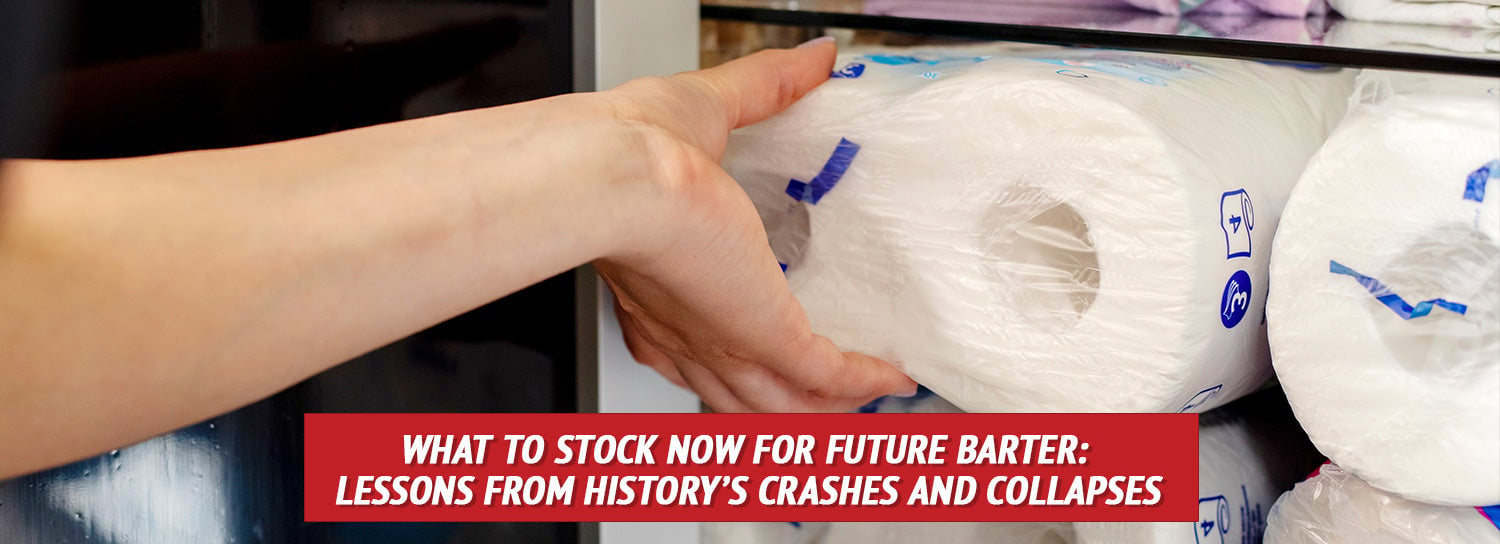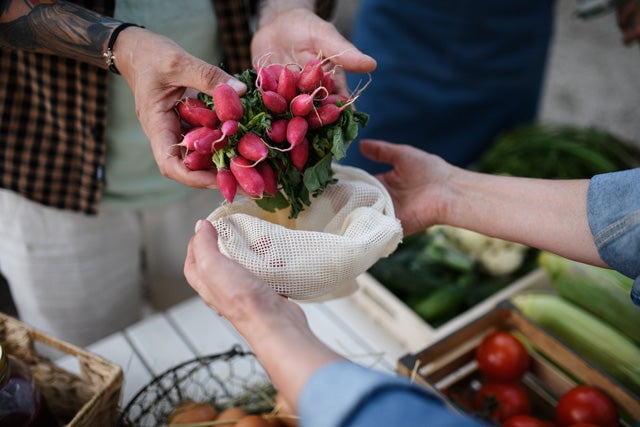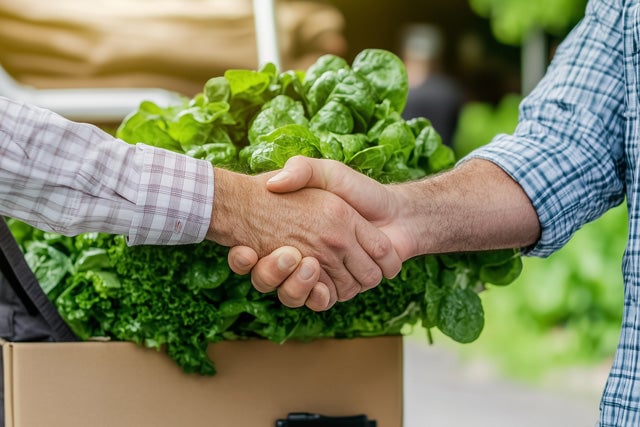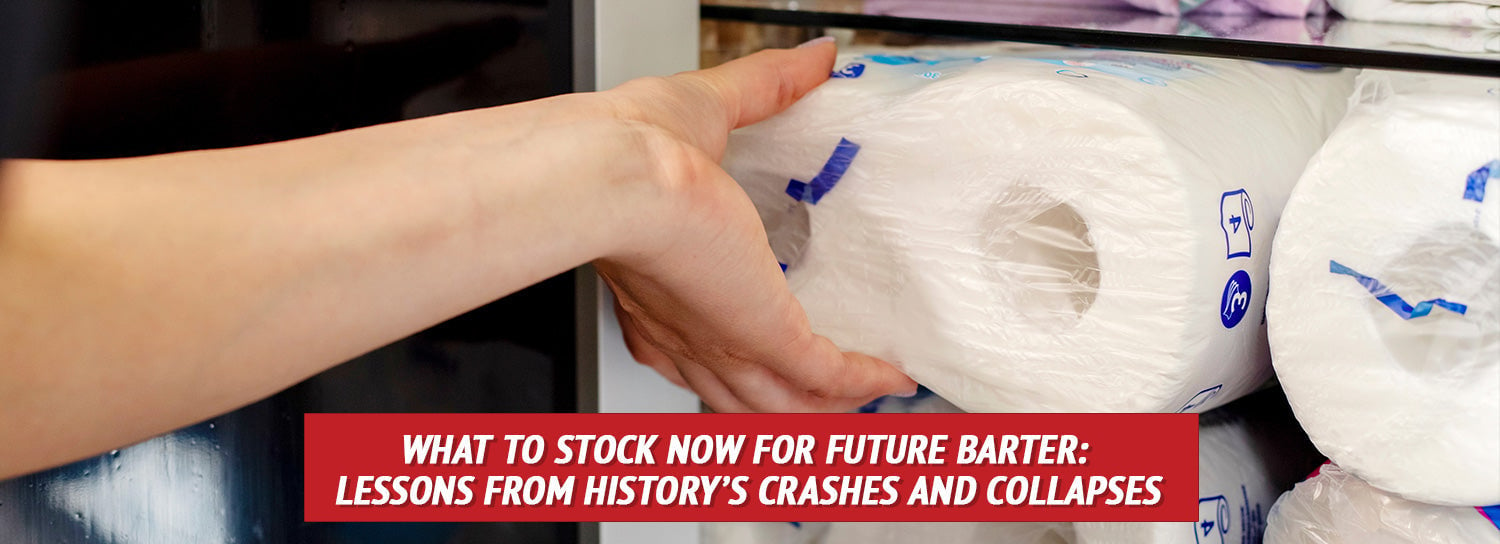
When the currency fails, the grid goes down, and stores go bare, bartering becomes survival.
And it’s not just theory.
History is full of moments when money meant nothing and trade meant everything.
From colonial America to WWII Europe, and even the COVID-19 lockdowns…people have always found ways to swap what they have for what they need.
This blog looks at real-life examples of how bartering has saved lives – and shows you what to start stocking now so you're ready when cash isn’t king.
Jamestown
When the colonists settled in America, there was no monetary system. As a result, colonists traded goods and services.
One of the most popular bartering items was tobacco.
Farmers would barter tobacco for other goods, clothing, or services.
Other popular items for bartering (in addition to services) were corn, animal pelts, and metal goods.
Frontier Communities
Bartering was common during the 1700s and 1800s in the American frontier as cash was rare.People living in frontier communities made use of bartering to get the items and help they needed.
For example, if someone needed a wagon wheel repaired, they would need to barter with a blacksmith. They might offer a trade of bushels of corn for his repair services.
It was common in frontier communities to barter food, livestock, tools, and services.
WWI and WWII
Following WWI, hyperinflation made German currency worthless.
As a result, the German citizens bartered virtually everything they owned in exchange for food and coal.
Bartering also became a means of survival during WWII.
During WWII, Allied prisoners of war in Germany used bartering to get essentials.
The National Library reports, “As Allied prisoners of war in Germany were billeted in barns for the night, they quickly scattered through the village searching for food. They bartered with German civilians, and for English cigarettes, soap, and chocolate, were able to get fresh vegetables, milk, and occasionally meat. This was very important as the health of some of the men who had been prisoners since Norway, Dunkirk and Greece was very low and food definitely beneficial to them, enabling them to maintain 20-25 miles per day forced on them by their Nazi guards.”
Back home in the United States, American civilians also made use of bartering when dealing with WWII rationing.
For example, neighbors would barter canned goods or homegrown vegetables for extra ration coupons or hard-to-find items.

[Related Read: How to Barter in a Post-Currency World: Insights from Post-WWII Germany]
The Great Depression
The Great Depression forced many Americans to barter as they had no cash or credit.
Many professionals began to accept food and goods instead of money.
Living History Farm recorded an interview with Great Depression survivor Walter Schmitt, who said, “[He] remembers a time when his blacksmith shop accepted payment in the form of potatoes.”
In another interview, “Helen Bolton remembers paying the doctor with corn that was worth 10-cents a bushel at the time. The doctor was able to hold on to it until the price rose to 50-cents a bushel. As Helen says, ‘They made a good profit.’”
Barter Fairs in the 1970s and 1980s
During the 1970s and 1980s, Americans were worried about the economy and inflation.
And it became common for people to participate in barter fairs.
At these fairs, people would advertise things they were willing to trade, such as homemade crafts, tools, food, and services.
It was common for people to barter homegrown produce, as well as repair services and childcare.

2008 Financial Crisis
During the 2008 financial crisis, websites like Craigslist were used for bartering.
People would post directly on these bartering websites offering their services, such as web design in exchange for home repairs.
COVID-19 Pandemic
One of the more recent examples of bartering occurred during the 2020 pandemic.
When the supply chain came to a halt, people turned to the internet and their neighbors to have their needs met.
AARP shared a story from Teresa Konechne of Minnesota: “She recently traded home-cooked food with some organic farmers who provided advice, soil, and other materials for her garden. And she got a much-needed quarantine haircut from a friend’s husband in exchange for some fresh basil.” She needed materials for her garden and a haircut. She used her skills and resources to make it happen.

In another example from USA Today: “Scott Huffard, 34, a history professor living in Beech Mountain, North Carolina, a remote mountain town in the Blue Ridge Mountains that is a 25-minute drive from the nearest grocery store, toilet paper became the perfect bartering chip when he ran out of dishwasher soap. He swapped six rolls for five packets.”
What to Stock Now for Future Barter
Knowing there is always a possibility that the economy can fail or the supply chain can falter, you want to keep some items on hand that would work well for bartering.
Here’s a quick list…
- Vices: Habit-forming vices are always wise choices for bartering. Keep some alcohol, cigarettes, and coffee on hand for future bartering.
- Food: Food is essential for survival. People will always be willing to barter for food. This is one reason it is wise to have seeds and grow your own food. Your homegrown produce may not just feed you, but it may also work as a bartering currency. In addition, long-term emergency food is good to have on hand. It is shelf-stable for 25 years, meaning you can use it for future bartering if needed.
- Tools: Tools that are useful for home repairs, construction, and farming can be useful for trade. Unlike food, you can offer tools for a certain period of time rather than giving the item away for good. For example, offer to lend your chainsaw to help them clear a path in exchange for fresh eggs.
- Services: We don’t know what the future holds, which is one reason it is always important to continue to learn and grow your knowledge. Develop skills today that can help you in the future. You may be able to barter your unique skills in exchange for goods and services.
Prepare to barter in the future, friends.
In liberty,
Elizabeth Anderson
Preparedness Advisor, My Patriot Supply




